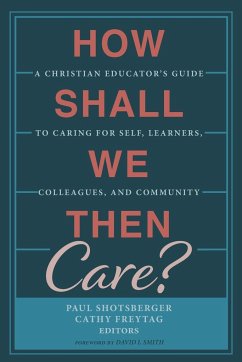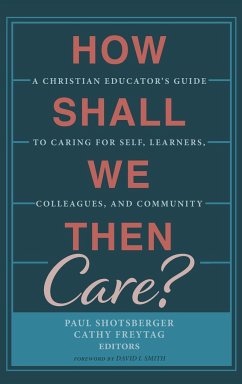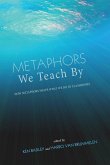Though much has been written about ethic of care and its importance in education, little is available to guide Christian educators who desire to demonstrate a disposition of care toward self, learners, colleagues, and community. As this book makes clear, a Christian ethic of care serves to illuminate our relationship with God while also helping to flesh out what care looks like in various contexts, including and especially teaching and teacher education. How Shall We Then Care? invites engagement with questions not just about what teachers should know about care, but about how they are to care for those in their circle of influence, what it means to care, what counts as care, what practices nurture care, and how care is experienced. The authors are teachers and teacher educators who, like you, have struggled to find answers to these questions. The settings for these explorations span the spectrum from K-12 classrooms to Christian and public higher education, covering issues such as trauma-informed classroom practice, the use of role-playing games for teaching ethics, the transition from teacher candidate to novice teacher, the crucial interface between care and inclusive education, and the vital role empathy plays in educational care.
Hinweis: Dieser Artikel kann nur an eine deutsche Lieferadresse ausgeliefert werden.
Hinweis: Dieser Artikel kann nur an eine deutsche Lieferadresse ausgeliefert werden.








